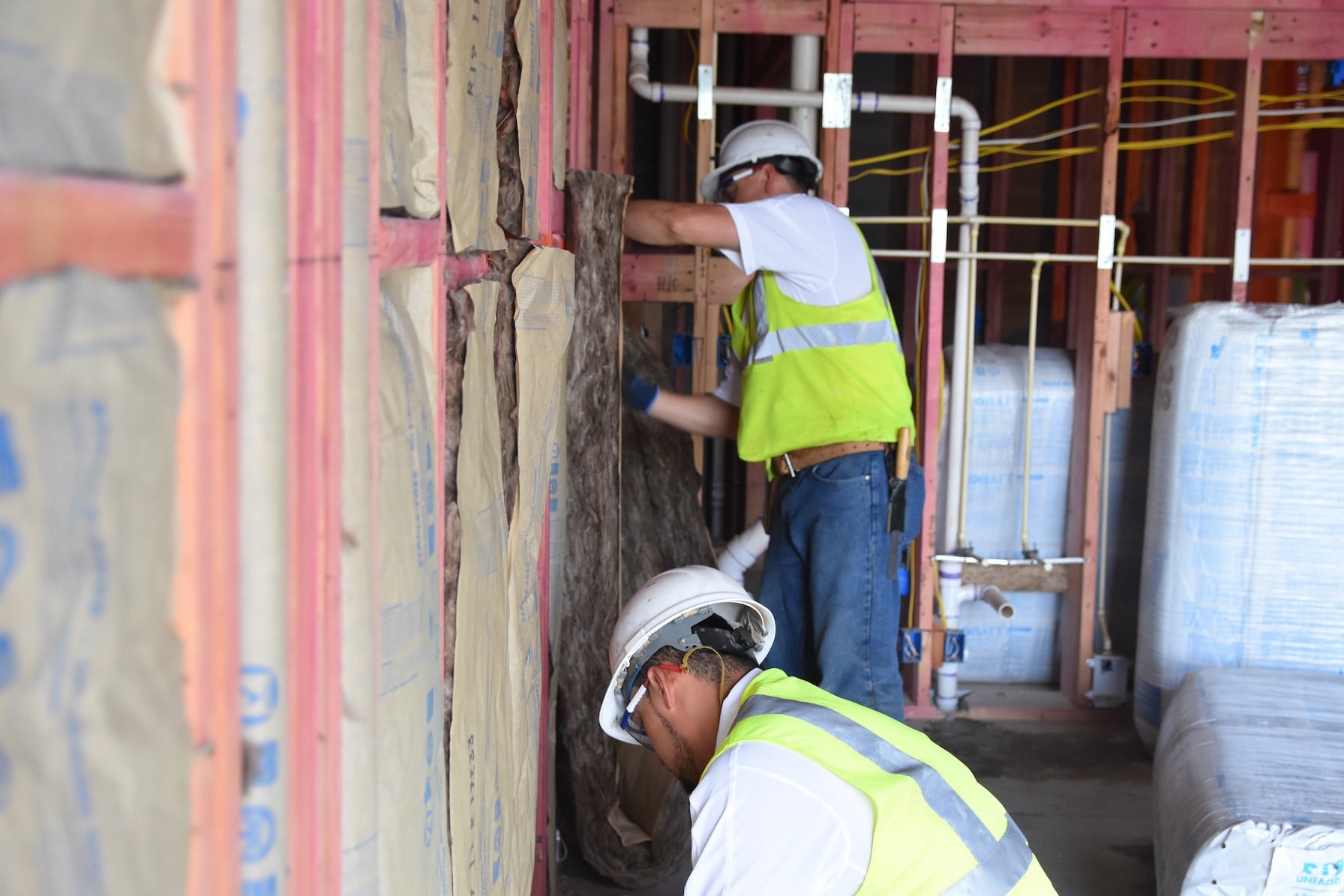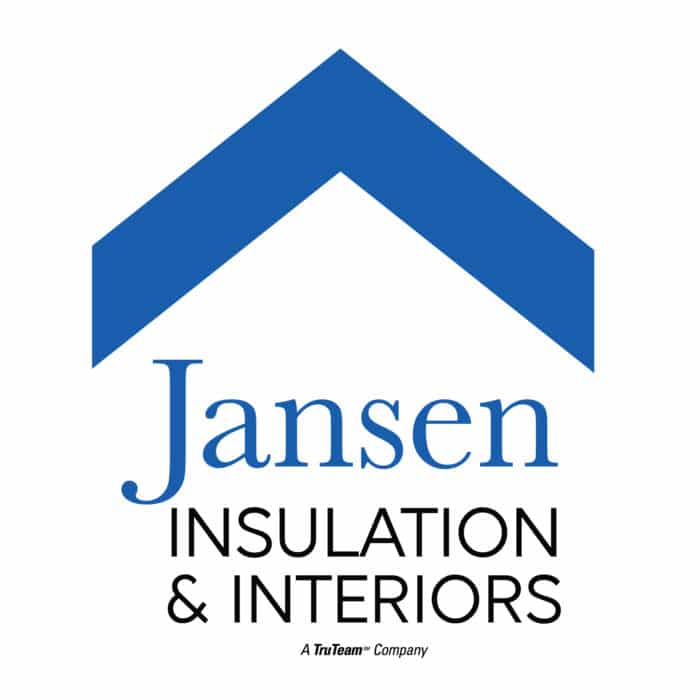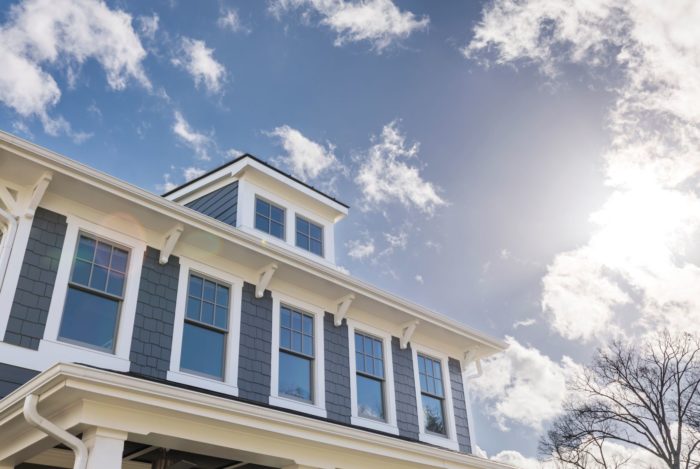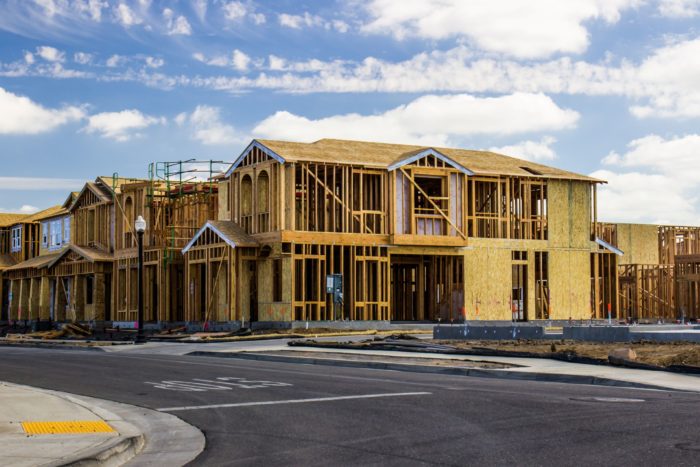
Jansen Insulation and Interiors: Cincinnati, Kentucky’s Leading Installation Contractors
Jansen Insulation and Interiors
Branch Information
Branch Hours
| MON | 7AM – 4:30PM |
| TUE | 7AM – 4:30PM |
| WED | 7AM – 4:30PM |
| THU | 7AM – 4:30PM |
| FRI | 7AM – 4:30PM |
| SAT | Closed |
| SUN | Closed |
Leading Installation Contractor Services Near Cincinnati
The Cincinnati-based team of professional contractors at Jansen Insulation and Interiors is ready to assist you with any renovation or building project with best-in-class installation services. Contact your local contractor at 3168 Crescent Ave, Erlanger, KY for more details. As a TruTeam company, we have the resources to complete a variety of installation projects throughout the Cincinnati area. We are ready to serve your needs, so contact Jansen Insulation and Interiors now!
Who We Serve
Installation Services for Homeowners Near Cincinnati
Because Jansen Insulation and Interiors is part of the TruTeam family, our team of local installation contractors are prepared to serve homeowners with professional service, high quality materials, and competitive prices. We understand that your home is your biggest asset, and Jansen Insulation and Interiors wants to partner with you to make your home comfortable, functional, and beautiful. We have completed hundreds of jobs for homeowners near Cincinnati, and our trusted experts are ready to help with a variety of installation services.
Cincinnati’s Trusted Installation Contractors for New Home Builders
Every home you build or remodel has your name on it. You can count on Jansen Insulation and Interiors and our professional installers to protect your reputation in the Cincinnati area. As a TruTeam company, we are backed by the resources of a national company and a nationwide distribution system of high quality building materials. Count on Jansen Insulation and Interiors as your go-to provider of installation services near Cincinnati.
A Trusted Local Installation Company for Commercial Builders in Cincinnati
There’s no commercial building project too big or too small for the installation professionals at Jansen Insulation and Interiors in Cincinnati. As a local TruTeam branch, we are a trusted member of the community, and we have successfully completed thousands of commercial installation projects. We can scale quickly, keeping your project on budget and on schedule. Contact Jansen Insulation and Interiors today to learn about our turnkey commercial installation services.
The Team You Can Trust
Get Free Quote
Nationwide
Network

Safety First
Culture

Thousands of
Expert
Installers
Installers
Millions
of Projects
Completed
Areas We Serve
Serving the greater Cincinnati Area

Counties and Cities Served
- Boone
- Campbell
- Clermont
- Hamilton
- Kenton
- Warren
- Alexandria
- Cincinnati
- Covington
- Florence
- Newport
- Union





